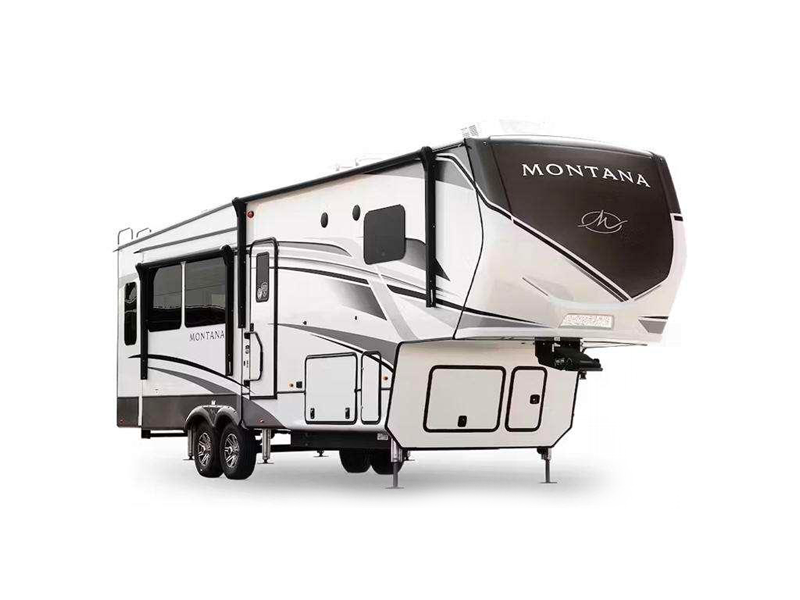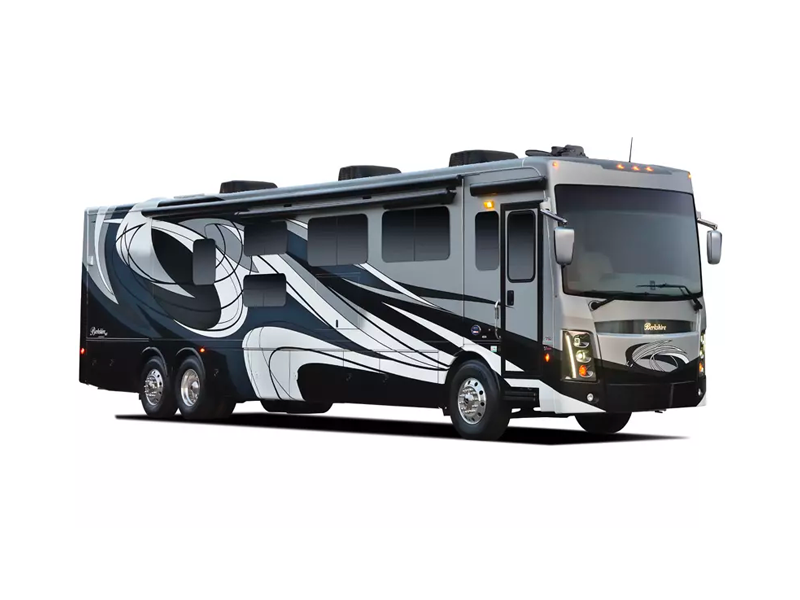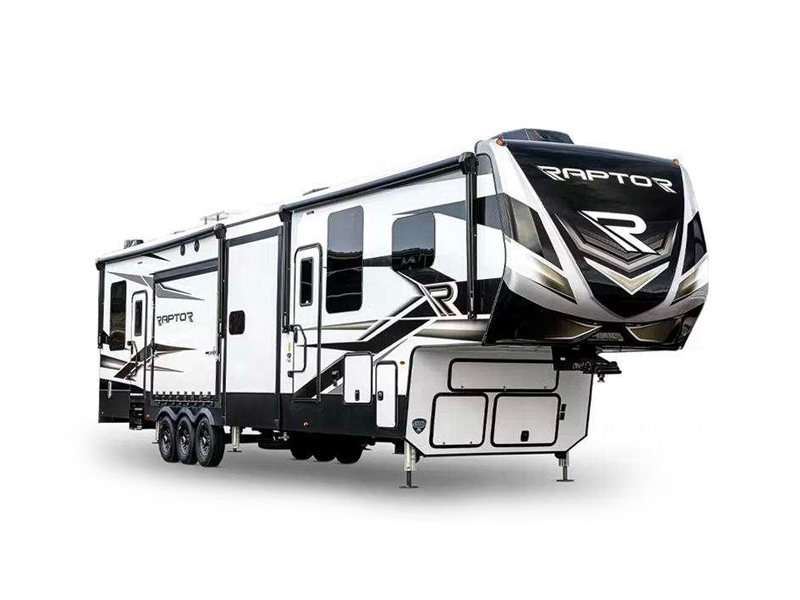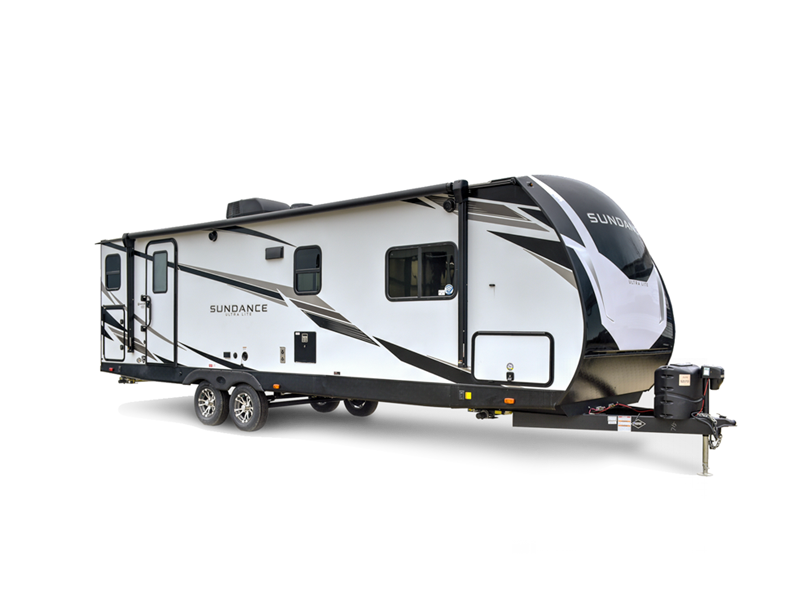One of the most common questions new Class C RV owners ask is whether staying plugged in to shore power throughout their entire camping trip is safe for their motorhome. Unlike some other RV types, Class C motorhome owners often wonder if their vehicle’s automotive-based electrical system can handle continuous shore power connection without issues.
The confusion is understandable. Class C RVs are built on automotive chassis with complex electrical systems that include both house batteries for RV systems and a vehicle starting battery for the engine. This dual-battery setup, combined with alternator charging capabilities and sophisticated power management systems, creates questions about whether staying plugged in might interfere with these automotive components or cause charging conflicts.
Many Class C RV owners worry that staying plugged in might overcharge batteries, interfere with the vehicle’s computer systems, or cause electrical problems that could strand them at the campground. These concerns are amplified by conflicting advice from fellow RVers, some of whom have different experiences based on their RV type and age.
The reality is that modern Class C RVs are specifically designed to handle staying plugged in during camping trips, but understanding how your specific system works and following proper practices ensures optimal performance and prevents potential issues. The key is knowing your RV’s electrical configuration and following manufacturer guidelines for your particular model year and chassis type.
Staying plugged in to shore power at RV parks and campgrounds is not only safe but recommended for optimal performance during your camping trips. Here are the key factors to understand:
Understanding Your Class C RV’s Shore Power System
Battery Maintenance During Camping
When connected to shore power at campgrounds, your RV’s converter or battery charger keeps both your house batteries and chassis battery properly maintained. This ensures all your RV systems operate efficiently while preventing battery discharge that could leave you stranded or without power for essential systems.
Modern Charging System Safety
Modern Class C RVs (2010+) are equipped with sophisticated multi-stage charging systems (also called smart chargers or converters) designed to handle continuous shore power connection safely. These systems automatically cycle through bulk, absorption, and float charging modes to prevent overcharging, making it safe to stay plugged in throughout your entire camping trip.
Important Distinction: During active camping, you’re regularly using power for lights, appliances, and other systems, creating natural discharge cycles that keep batteries healthy. This is different from long-term storage where batteries might remain at constant full charge.
Older RV Considerations: Class C RVs manufactured before 2005 may have single-stage converters that don’t automatically switch to float mode. If you have an older Class C, monitor your battery water levels more frequently during extended campground stays.
Class C RV Shore Power: What Makes It Different
Why Class C RVs Are Unique
Class C motorhomes have integrated automotive electrical systems that work alongside RV house systems. This includes alternator charging while driving, engine battery management, and chassis-based electrical components that are designed to work harmoniously with shore power connections.
Shore Power Benefits for Staying Plugged In
Staying plugged in to shore power at campgrounds provides significant benefits for Class C RVs because it:
- Maintains both house and chassis batteries simultaneously
- Powers high-demand appliances without draining batteries
- Keeps refrigerators running efficiently on AC power
- Maintains slide-out and leveling system hydraulics
- Ensures all safety systems remain operational
Normal Usage Patterns
Most Class C RV owners routinely practice staying plugged in at campgrounds for extended periods (1-4 weeks) without issues. The key is that you’re actively using electrical systems during camping, creating natural charge/discharge cycles that keep batteries healthy.
Best Practices for Class C RV Shore Power Connection
Proper Connection Procedures
Always connect your Class C RV to shore power using a quality surge protector and ensure the campground electrical system is properly grounded. Check that your RV’s main breaker is off before connecting, then turn it on once the connection is secure.
Monitoring Your Systems
While modern Class C RVs handle continuous shore power well, it’s good practice to periodically check your battery monitor (if equipped) to ensure charging systems are functioning properly. Most Class C RVs will show battery voltages and charging status on dashboard displays.
When to Disconnect
The only times you typically need to disconnect from shore power are:
- During severe electrical storms (for safety)
- When leaving the campground
- If you notice any electrical system malfunctions
- During maintenance or repairs
Battery Disconnect Switch During Camping
Most Class C RVs have a battery disconnect switch, but you should NOT use it while camping at RV parks with shore power. The disconnect switch is primarily designed for storage situations. During active camping, you want your batteries connected so they can:
- Receive proper charging from shore power
- Provide backup power if shore power fails
- Support high-draw items like slide-outs that may need battery power even when plugged in
- Keep safety systems like LP gas detectors operational
Exception: Only use the battery disconnect during maintenance or repairs while at the campground.
Professional Recommendations for Class C RV Camping
Considering these factors, here’s what RV professionals recommend for Class C motorhomes at campgrounds:
Stay Connected for Optimal Performance
The best practice for Class C RVs is staying plugged in throughout your camping trip for the optimal experience. This ensures all systems operate efficiently and prevents battery-related issues that could impact your vacation.
Use Quality Electrical Protection
Invest in a good surge protector specifically designed for RVs. This protects your electrical systems from campground power fluctuations and ensures safe operation of sensitive electronics.
Monitor System Performance
Pay attention to your RV’s electrical systems and battery indicators. Most issues will be obvious through dashboard displays or system performance changes.
Follow Manufacturer Guidelines
Always consult your specific RV’s owner manual for manufacturer recommendations, as some specialty systems may have unique requirements.
Common Concerns About Class C RV Shore Power
“Will It Hurt My Engine Battery?”
No, modern Class C RVs are designed so that shore power connection properly maintains your chassis battery without interfering with automotive systems. The charging system is isolated and designed for this purpose.
“Can I Practice Staying Plugged In for Weeks?”
Yes, most Class C RV owners routinely practice staying plugged in at campgrounds for extended periods without issues. The active use of electrical systems during camping creates natural discharge cycles that keep batteries healthy. However, if you’re staying plugged in for more than a month, consider:
- Checking battery water levels weekly (for flooded lead-acid batteries)
- Monitoring charging system performance
- Ensuring adequate ventilation around battery compartments
“What About Older Class C RVs?”
RVs manufactured before 2005 may have simpler single-stage converters that don’t automatically switch to float mode. These older systems can potentially overcharge batteries during very long stays (30+ days). If you have an older Class C:
- Monitor battery water levels more frequently
- Consider upgrading to a modern multi-stage converter
- Limit continuous connection periods to 2-3 weeks without monitoring
The Importance of Proper Electrical Function
Electrical problems during camping trips can quickly ruin your vacation. Having your systems professionally checked ensures reliable operation and prevents campground electrical issues that could affect other campers.
- Charging system age exceeds 10 years
- Frequent battery replacements despite proper maintenance
- Inconsistent charging performance or unusual battery behavior
- Recent electrical modifications or upgrades
- Uncertainty about battery type or charging system compatibility
Benefits of Professional Electrical System Evaluation: Professional RV technicians can assess your specific charging system, battery configuration, and usage patterns to provide customized recommendations. They have access to diagnostic equipment that can identify potential issues before they become expensive problems.
The Cost of Electrical System Failures: Improper charging practices can lead to premature battery failure, converter damage, and electrical system problems that cost thousands to repair. Professional assessment and maintenance are small investments compared to the potential costs of system failures.
If you’re unsure about the charging system in your RV or have concerns about battery health, consulting your RV’s owner manual or seeking advice from an RV technician would be beneficial. They can provide specific recommendations based on your RV’s make and model.
Expert Class C RV Electrical Services at RV Depot
At RV Depot, our certified technicians specialize in Class C RV electrical systems and can provide comprehensive assessments of your charging system, battery configuration, and storage practices. We understand the unique challenges of different RV manufacturers and model years.
Why Choose RV Depot for Your RV Electrical Needs: Our experienced team stays current with the latest RV electrical technologies and manufacturer recommendations. We can help you optimize your charging system for your specific usage patterns and storage requirements, ensuring maximum battery life and system reliability. Protect Your Investment with Professional Service: Don’t risk expensive battery replacements or electrical system damage due to improper charging practices. Whether you need a simple system check or comprehensive electrical upgrades, RV Depot has the expertise to keep your Class C RV’s electrical system operating at peak performance.
Contact RV Depot Today:
📍 Visit us at 4319 N Main St, Cleburne, TX
📞 Call (817) 678-5133 to schedule your electrical system evaluation
🌐 Visit rvdepottx.com for more information
Keep your Class C RV plugged in with confidence by ensuring your electrical system is properly configured and maintained. Trust RV Depot’s professional expertise to provide the guidance and services you need for optimal battery health and electrical system performance.






